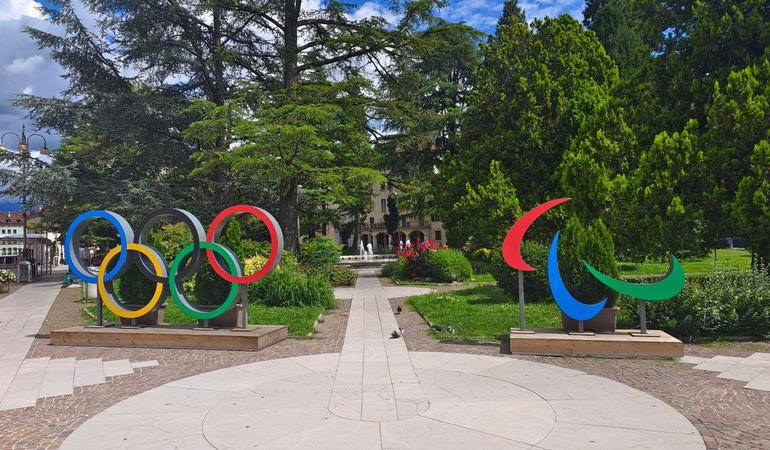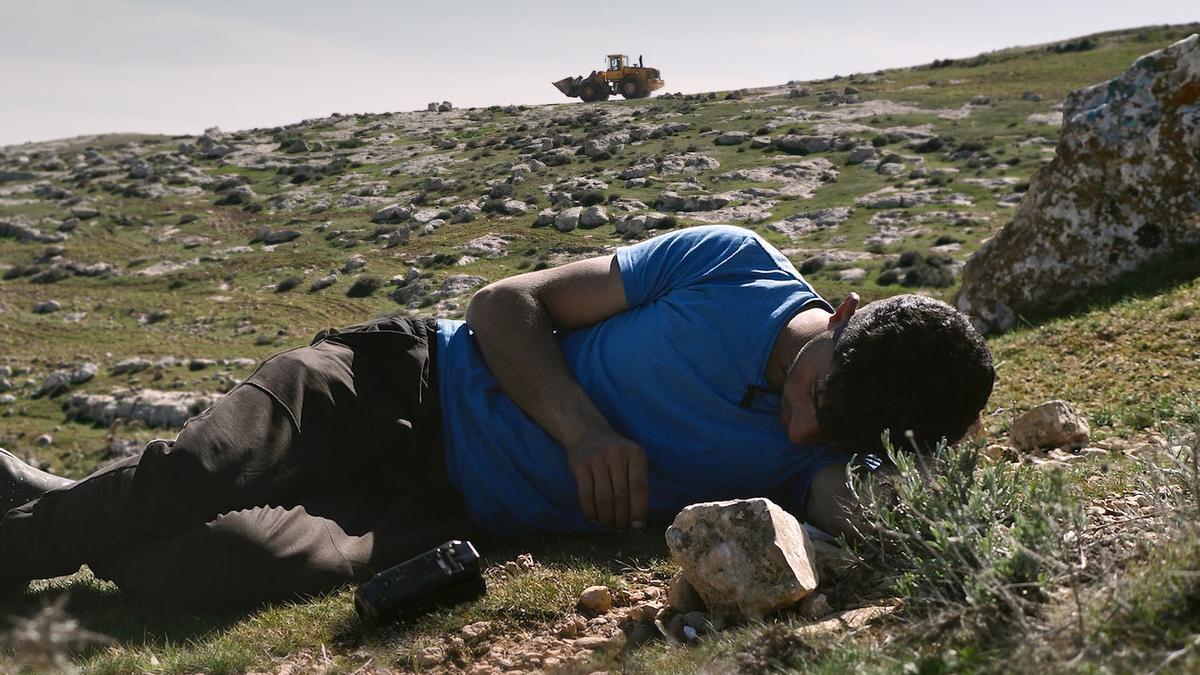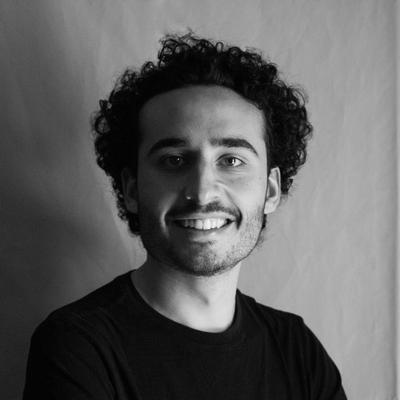
Milano-Cortina. Ecco come verranno spesi i 450 milioni di euro delle paralimpiadi



3 marzo 2025
"Two months ago I became a father. I hope my daughter will not have to live the life I am living, in constant fear of settler violence, demolitions and expulsions". These were the words with which Palestinian activist Basel Adra, 28 years old, picked up the golden statuette on stage at the Dolby Theatre in Hollywood, after the announcement of No Other Land 's victory as best documentary. Produced by an Israeli-Palestinian collective and recorded between 2019 and 2023, the film shows the unfiltered reality of the occupation in the West Bank, documenting in real time the expropriations and demolitions that the population of Masafer Yatta, a cluster of villages south of Hebron, have suffered daily since Tel Aviv unilaterally decided to make the area a military zone.
10 yrs ago, the photoreporter Rocchelli was killed in Ukraine. His mother still seeks justice
"I started filming when our end began," Basel begins in the film, in the dual role, together with Israeli journalist Yuval Abraham, of protagonist and director. It is precisely the dialogues between the two, alternating with scenes of the demolitions and the non-violent resistance of the local Palestinian population, that make this film something more than a documentary. Because No Other Land is not only the account of what is happening, but also a disenchanted and unresolved reflection on the meaning of telling the story, a metanarrative on information, journalism, online and offline activism capable of speaking beyond the (trampled) borders of the occupied West Bank. In the background, a question, which questions anyone who has to deal with any injustice, and especially those who share the profession with the author of this article: what is the point of reporting if nothing changes?
Drones in Niger and radar in the Mediterranean: EU spends billions on high-tech borders
"If we document, the US will put pressure on Israel to stop," says Basel when, armed with an amateur video camera, he starts filming Israeli bulldozers razing houses, schools, chicken coops, sheep pens, soldiers seizing work tools, and cement trucks pouring cement into wells. It will not be long before he realises that the US, as well as the rest of the world, cares little about the fate of a few hundred Palestinians, mostly shepherds, scattered among a dozen or so villages in the semi-desert hills west of the Jordan. Thus, the typical excitement of those who think that a few thousand views can change the course of events soon gives way to a resigned realism, when not frustration. It will be Basel himself who reproaches Yuval for being "too enthusiastic": "You have to get used to failure," the young Palestinian tells him on his return from yet another day spent filming the Israeli army's abuses.
Gaza, Israeli academic Nurit Peled-Elhanan: 'I am threatened because I am against the war'
Yuval's is also a gradual awakening to reality: if at first he measures the success of his documentation work by looking at the views his articles and footage of the demolitions garner online and on social networks, he soon comes to ask himself: "Maybe they see the video and are moved, and then what?" The young journalist's experience also speaks of the difficulty of being an 'ally': disowned at home because he stands in solidarity with the Palestinians, but also viewed with distrust by the inhabitants of Masafer Yatta, who continue to ask him about the actions of 'his' army and remind him that he can never fully share their struggle, because 'you are sure to be able to go home at night', strong in the yellow plaque that allows Israelis to move freely inside and outside the 'green line'. This is the difference between activism and resistance, between the (necessary) commitment of those who decide to put their privilege on the line to fight for the injustices suffered by others, and the struggle for survival of those who have no choice but to surrender.
War in Gaza. Voices from the Rafah hellhole: 'No place is safe here'
No Other Land is the story made and told from below, by the "little people": the women and men of Masafer Yatta, but also the Israeli soldiers who evict and demolish following the orders of the omnipresent and mysterious Ilan, himself a passive executor of decisions taken elsewhere, out of reach of the cameras. The only 'great' person to appear, through archive footage, is Tony Blair, the protagonist of a visit to Masafer Yatta in 2009, when he was special envoy on behalf of the Quartet for the Middle East, formed by the UN, the United States, the European Union and Russia. A seven-minute walk by the former British prime minister, with international newspapers and television stations in tow, was enough to do what the Palestinians' non-violent resistance had been trying to do for years: stop the demolition of the village school.
So, while the violence of the Israeli army and settlers continues to mark Masafer Yatta's days, and even grows more intense, it is to be hoped that victory at the Oscars will have the same effect: to shift, if only for a moment, the attention of the general public to that corner of the world and to push those who can to do something, if only to talk about it. Basel himself wrote this in an editorial in the independent Israeli newspaper +972 Magazine: 'We did not seek to evoke sorrow or pity, but to inspire action, and urge people to join our struggle against the occupation'. Yet, the golden statuette does not do justice to the experience of non-violent resistance that No Other Land narrates and represents in itself. More than the Oscar, perhaps, Basel deserves the Nobel Peace Prize.
This article was translated by Kompreno with the support of DeepL.
La tua donazione ci servirà a mantenere il sito accessibile a tutti
La tua donazione ci servirà a mantenere il sito accessibile a tutti